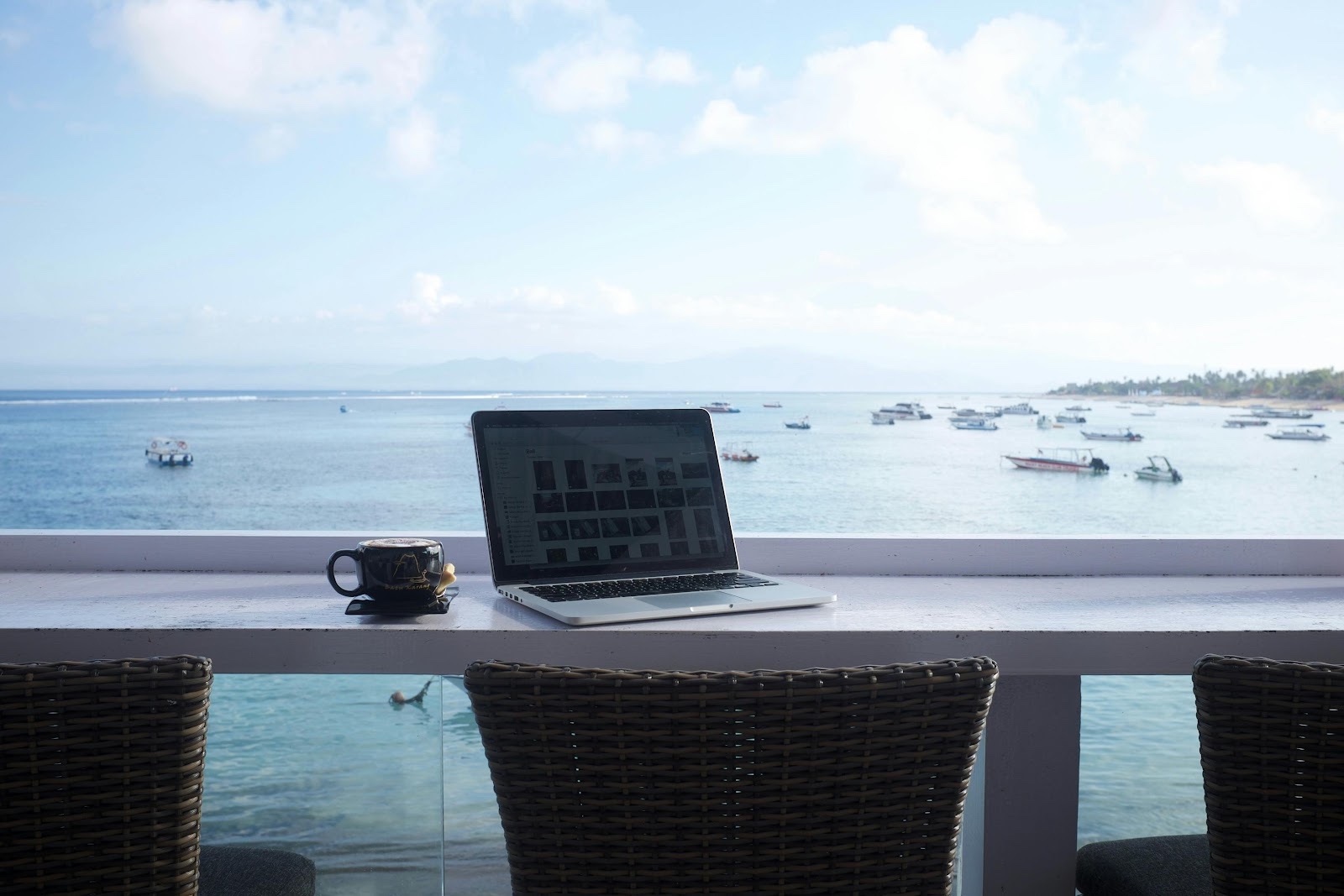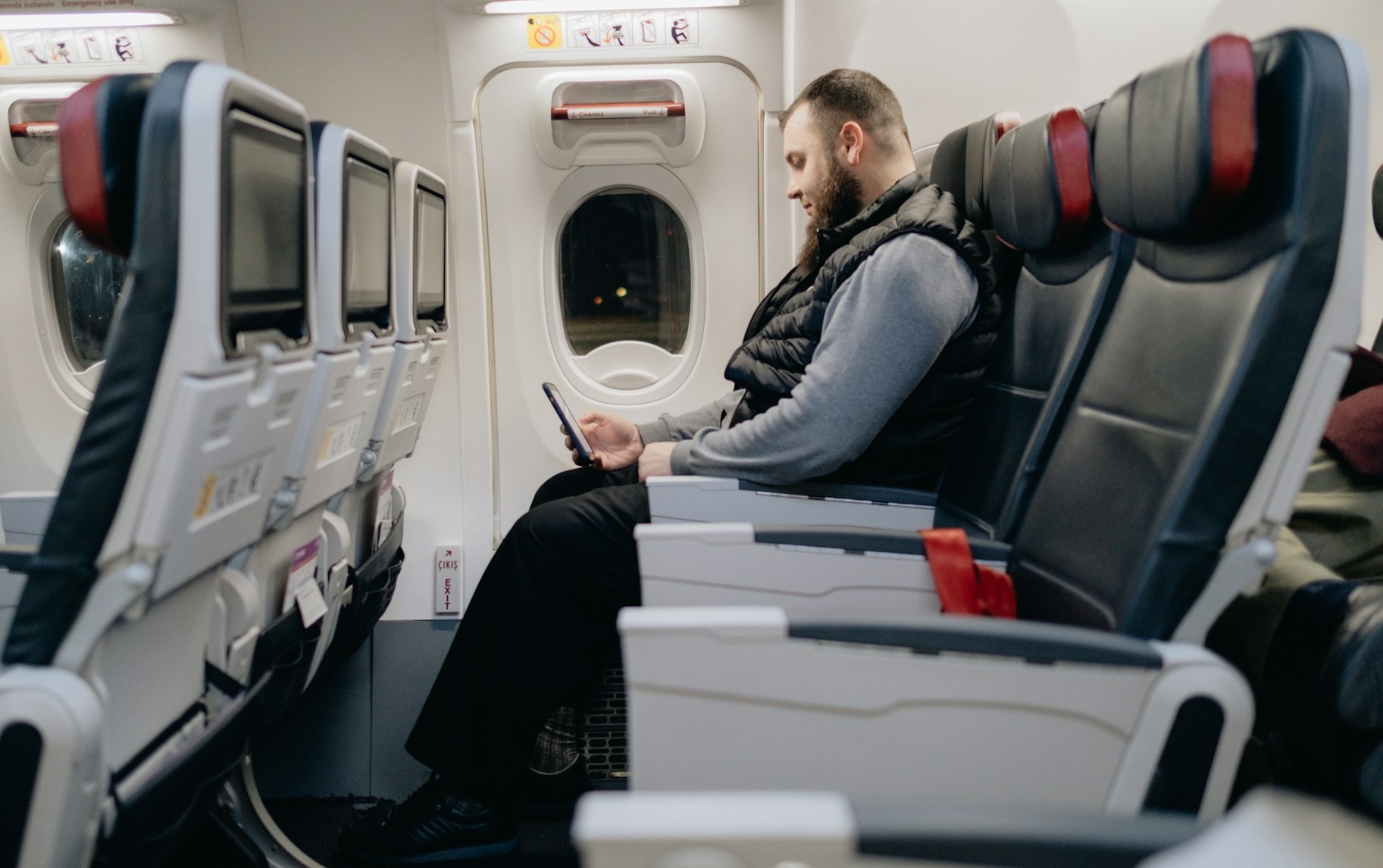Handle Work-Plus-Weekend Trips Without the Headaches: Bleisure Trends For 2026

Your installer finishes the Denver job Thursday afternoon. Instead of flying home Friday morning, he stays through Sunday to ski with his kids. One flight covers work and vacation. You save on airfare. He comes back Monday actually rested instead of burned out.
That's bleisure travel—extending business travel trips to add personal time. And heading into 2026, it's not just happening more often, it's reshaping how crews expect work travel to function. Without clear rules, you're paying for beach days, carrying liability when they go zip-lining on Saturday, or scrambling to split invoices after the fact.
Get this right and you cut travel costs, keep good people around, and stop the endless reimbursement arguments. Get it wrong and you're stuck with surprise expenses and crews who quit because other companies actually understand work-life balance.
What’s Driving 2026 Bleisure Trends?
Work-plus-leisure combinations aren't growing by accident. Here are four trends shaping the trend:
Affordability and Convenience
Picture this: Your field supervisor wraps up the Phoenix install Tuesday. Corporate hotel rate runs $89/night. Whether they fly home Wednesday or stay through the weekend, the flight costs the same. Add two personal nights at the same rate, and he gets a mini-vacation for less than a normal weekend trip would cost.
Your installation teams, maintenance crews, and project managers are driving this growth, whether your travel policy keeps up or not. The numbers show how big this is getting: $318 billion in 2021, heading toward $500+ billion by 2026.
Here's what matters for your planning: 88% of these extended trips stay domestic for U.S. crews. That means your concrete team finishing the Morrison project doesn't fly to Thailand. Instead, they drive two hours to see family or catch a ballgame they couldn't attend during the regular season.
Workers Under 40
Younger workers drive bleisure adoption—over 60% of workers under 40 mix business with personal time on work trips. They flip between work mode and vacation mode without missing a beat. They book family into the same hotel, need Wi-Fi strong enough for video calls from hiking trails, and manage everything from their phones.
But it’s not just younger team members. Most business travelers took at least one work-plus-leisure trip last year. By 2026, it's not a nice-to-have—it's expected. Happy crews stick around longer than new hires take to train.
Remote Work & Better Hotel Wi-Fi
Your project manager handles Monday's safety call from a Denver hotel as easily as from his home office. Reliable connectivity in every business destination eliminates the "sorry, I'm traveling" excuse.
Meanwhile, your crew expects to join Tuesday's progress meeting after finishing the Phoenix job site walk. Hybrid schedules make extended stays work without extra approvals or finance questions.
Companies See the Competitive Advantage
The money makes more sense. Saturday-night stays cost less than Friday flights. Extending a work trip beats paying for separate vacation flights to the same city. As travel costs rise, this efficiency matters more.
Clear policies help with hiring, keeping good people, and staying compliant with duty-of-care rules. Companies without bleisure options lose talent to those that offer them.
Get policies right, and work-plus-weekend trips keep trained crews around instead of losing them to companies that actually understand work-life balance.
2026's Hottest Destinations for Work-Plus-Weekend Trips
Location matters because most extended trips stay close to home. Pick cities where work and downtime actually work together, and your people stay longer, spend better, and show up Monday more engaged.
Cities That Work for Both Business and Weekends
Your tech crew loves Austin—morning meetings, evening music, decent tacos at any hour. Vegas works for trade shows and conventions, then your installers hit the strip or catch a show with family who flew in cheap. Florida project sites give crews easy access to beaches—finish the Miami job Thursday, hit South Beach through Sunday.
Construction and energy crews working Gulf Coast projects extend stays for fishing charters or family beach time. Phoenix installations become weekend golf trips. Denver job sites turn into ski weekends when the timing's right. For cruise ports like Miami, Fort Lauderdale, or Long Beach, crews finish up the port project on Friday and board a discounted weekend cruise on Saturday.
Up-and-Coming Conference Destinations
Construction and energy trade shows are moving beyond Vegas and Chicago. Nashville hosts more industrial conferences with lower hotel costs and music after hours. Salt Lake City draws renewable energy events with world-class skiing an hour away. Chattanooga's fiber infrastructure attracts tech-for-trades conferences, plus your crew can raft the Tennessee River between sessions.
Pick spots like these and you get benefits that don't show up on spreadsheets. Your people get culture, coastline, or cuisine without paying for a second flight. You get crews that show up Monday more rested and less likely to quit for companies that understand why work-life balance matters to people who actually do the work.
Technology That Changes How Crews Travel
Smart booking tools will suggest trip extensions automatically. Platforms will check project calendars, weather forecasts, and crew preferences to recommend weekend add-ons that make sense. Your installer finishing a Denver job on Thursday gets an automatic suggestion to extend through Sunday when powder conditions look good.
Sustainability requirements will drive longer stays. Carbon budgets and green travel mandates push crews toward rail connections, electric vehicle rentals, and hotels with verified environmental data. Extended stays reduce overall trip frequency and carbon footprint per project.
Digital visa processing makes international extensions simple. Two-day personal extensions to international job sites become as easy as a few clicks. Perfect for crews managing tight project schedules who want to see something beyond the airport and hotel.
10 Tips for Preventing Headaches and Budget Overruns
Your crews are extending trips whether you know it or not. Without clear boundaries, you're paying for personal time, carrying liability for weekend activities, or fighting over who pays for what after everyone's back home.
Here's how to handle this without the headaches:
- Draw the line. Business ends at checkout time the day after meetings wrap. Everything past that belongs to the crew member. No gray areas, no arguments later.
- Split the costs upfront. Company pays business-class airfare and work nights. Crew pays for extra nights, meals, and anything that happens after business hours end. Build this split into your booking process, not your credit card statement.
- Fix your liability coverage. You're responsible during work time. Once personal travel starts, they need their own insurance. Make this crystal clear before anyone books anything.
- Give managers authority to approve changes. Projects shift. Job sites get delayed. Weather happens. Your project managers need authority to extend or cut days without three-level approval processes that slow everything down.
- Get finance, HR, and legal to sign off. A policy nobody owns gets ignored. A practice that only operations cares about dies when budgets get tight.
- Book early. Lock flights and rooms 14-30 days out and dodge the last-minute price spikes airlines and hotels love charging people who wait.
- Cut deals with hotels you already use. Negotiate extended-stay rates with chains where you have volume. One deal can save double digits off every extra night.
- Use Saturday-night stays. Many airlines slash fares when a weekend sits inside the trip. Letting your installer fly home Sunday instead of Friday often costs less than the Friday ticket alone.
- Track what matters. Three numbers tell the story: total trip cost against business-only baseline, crew satisfaction scores, and actual dollars saved from flexible booking.
- Use Engine. Book flights and rooms in minutes while flagging anything that breaks policy before it costs you money.
Why bother? Because crews who can add personal time to work trips report being more productive and less burned out. Less turnover means fewer rehire costs and less time training replacements.
Run the math on a few projects and you'll see it: when flights cost less, hotel rates stay low, and teams come back refreshed, this approach pays for itself.
Stop Chasing Receipts with Engine's Auto-Split Tracking
Work-plus-leisure trips only work if your booking system keeps up. Engine handles bookings, expenses, and job tracking all on one screen — so your crew can wrap up a site visit at noon and explore the city by three.
When crews change plans, our system can handle it without penalties and no extra invoices.
We've tracked hotel stays for construction crews, installation teams, and field operations across 23 million room nights. Customers save money by locking in crew-friendly rates and auto-tagging every booking to project codes.
When your installer books a work trip to Denver and stays through Sunday to ski, our project code tracking automatically splits business from personal expenses. Tuesday and Wednesday nights hit your project budget. Thursday through Sunday charge to his personal card. One booking, clean separation, zero confusion.
Ready to fix your crew travel headaches? See how Engine handles work-plus-weekend trips without the administrative mess.










.jpg)

.jpg)



















.avif)
.avif)




